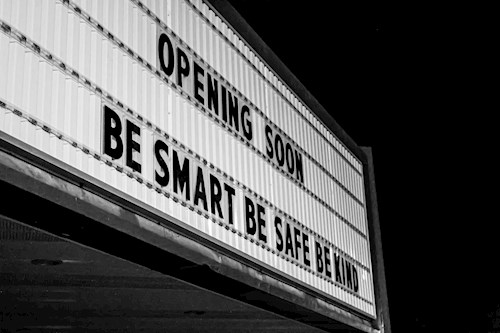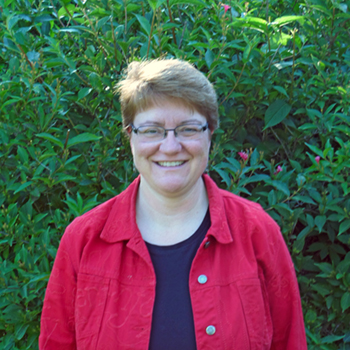

Kathy Kuntz
There is a lot of talk about the ‘new normal’ as we emerge from the COVID-19 pandemic. That “new normal” terminology is deliberate, recognizing that whatever happens next will be different from the pre-pandemic normal, the “old normal”.
This new normal moment is an unprecedented opportunity for people interested in promoting sustainable practices. Research shows that it is easier to change habits during moments of transition and that once habits are ingrained they are difficult to shift. If you move to a new apartment and take the bus to work from the first, it is likely you will continue to take the bus to work, for example.
The pandemic upended our lives in numerous ways, causing widespread grief and suffering. Yet amid all the challenges, humans persevered. Some people learned new skills—baking, a musical instrument, a foreign language. Many people reconnected with nature, spending more time outdoors, walking and biking. And individuals and businesses learned new ways of working, leveraging virtual platforms in lieu of travel and creating new delivery options, for example.
As we return to a new normal, our challenge is to retain the best of what we learned during the pandemic. At Dane County, for example, we are embracing telework as a strategy forward. County Executive Joe Parisi has recognized that increased telework benefits both employees and the County more broadly so he is encouraging other businesses to embrace telework too. Increased telework will help us achieve our ambitious climate goals while also reducing traffic and all the associated stress for local drivers. More, because so many of us have been working remotely for the last fifteen months, this is a great opportunity to identify a “new normal”.
Similarly, I encourage you to think about the insights you gained during the pandemic and how you might leverage those insights going forward. I know some business leaders are rethinking business travel protocols, recognizing that in some cases a virtual meeting is not only more efficient but also more effective. In health care, telehealth expanded dramatically during the pandemic and is likely to change the face of healthcare forward. At the personal level, I know individuals who are integrating a short walk outdoors into their daily schedules, recognizing that it makes them more productive at their desks. The last months were difficult and we all figured out ways to adjust—this is a great time to assess which of your adjustments you want to make part of your new normal.
Our 2020 Climate Action Plan (CAP) set ambitious goals and listed more than one hundred strategies for reducing emissions locally. Interestingly, there is not a single recommendation about telecommuting in the CAP—the term does not even appear in the plan. A year and a half ago, our stakeholders, like everyone else in the Midwest, did not think telework was a viable way to reduce emissions. The pandemic taught us otherwise. That is the opportunity of this moment.
If the pandemic has inspired you to do things differently I hope you will share your story with us. The more each of us talk about the changes we are making the more our actions will inspire others to act. We can only do this together, Dane County.

Kathy is the Director of the Dane County’s Office of Energy and Climate Change. In that role she's leading efforts to implement the Climate Action Plan. Prior to coming to Dane County, Kathy led Cool Choices and, prior to that, she led Wisconsin's Focus on Energy program.
The Dane County Office of Energy & Climate Change maintains this blog as a way to offer:
To be sure that you don't miss new blog entries, subscribe to our email updates.